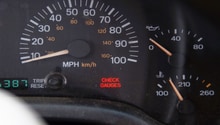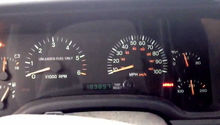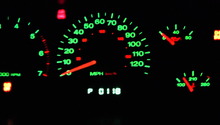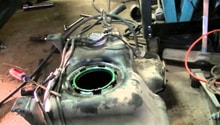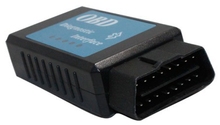Jeep Cherokee 1997-2001: Why is the Instrument Cluster Not Working?
With a few quite easy diagnostic steps, you can find out why your instrument cluster isn't working properly.
This article applies to the Jeep Cherokee XJ (1984-2001).
As the cars get older, there is an increasing risk of electrical problems. Judging from the number of problems reported on different Internet forums, problems with the instrument cluster seem quite frequent. There could be many reasons for a malfunctioning instrument cluster, but there are a few quite easy diagnostics that could diagnose the problem. Continue reading to find out how.

Materials Needed
- DRB III fault code reader
- Contact cleaner
Step 1 – Check fuses
An easy first step when your instrument cluster isn't working is to check the fuses. If you have done some work on your car recently, it could be that one of the fuses has blown because of that. There are several fuses that affect the instrument cluster, so the best thing to do is to check all of the fuses.
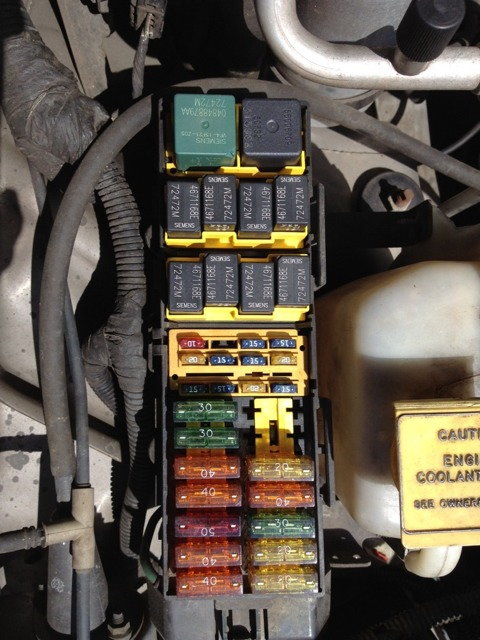
Step 2 – Push the reset button or hit the dashboard
It could happen that the two green electrical plugs on the back of the instrument cluster get loose. If the plugs are loose, simply push the reset button on the odometer. If the gauges come to life, the plugs are the culprit. Another way to find out if the plugs are loose is to hit the dashboard with a reasonably firm fist.
If you are lucky, the push on the reset button "cures" the plugs completely (i.e., push the plugs back in place permanently). If you are not so lucky, the instrument cluster has to be removed from the car so the plugs get pushed back and fastened securely. Some people report that they successfully taped the plugs in place or used silicone.
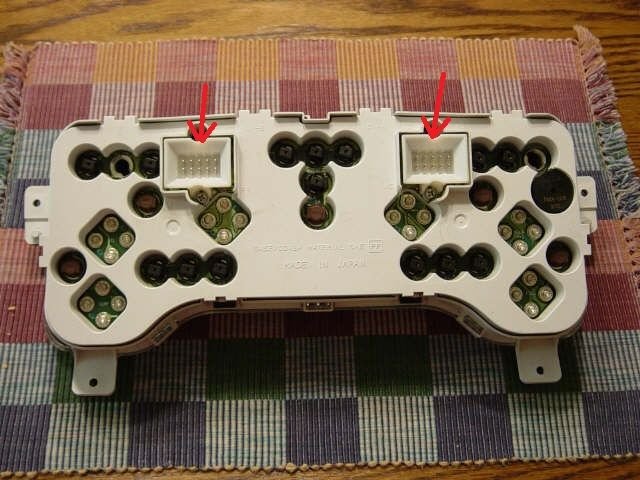
Pro Tip
If you remove the instrument cluster, it could be a good idea to clean the connectors with some contact cleaner before reinstalling everything back together.
Step 3 – Read the DRB III fault codes
If your car is from 1998 to 1999, you might find fault codes explaining what is wrong with a malfunctioning cluster. Using a DRB III fault code reader, read the fault codes from your car's memory. If you find the code "NO CLUSTER CCD BUS" either as an active fault code or stored in the memory, your cluster connector has to be replaced.
There is a Technical Service Bulletin (TSB) for this issue. Ask your local authorized dealer for details about what has to be replaced on your car, but basically it is the connector plugging into the cluster that has to be replaced.

Related Discussions
- Malfunctioning Instrument Cluster - CherokeeForum.com
- No Working Gauges - CherokeeForum.com
- NO BUS Light - CherokeeForum.com
- Check Gauges - CherokeeForum.com
- Instrument Cluster Not Working - CherokeeForum.com
- Dash Lights Not Working - CherokeeForum.com


